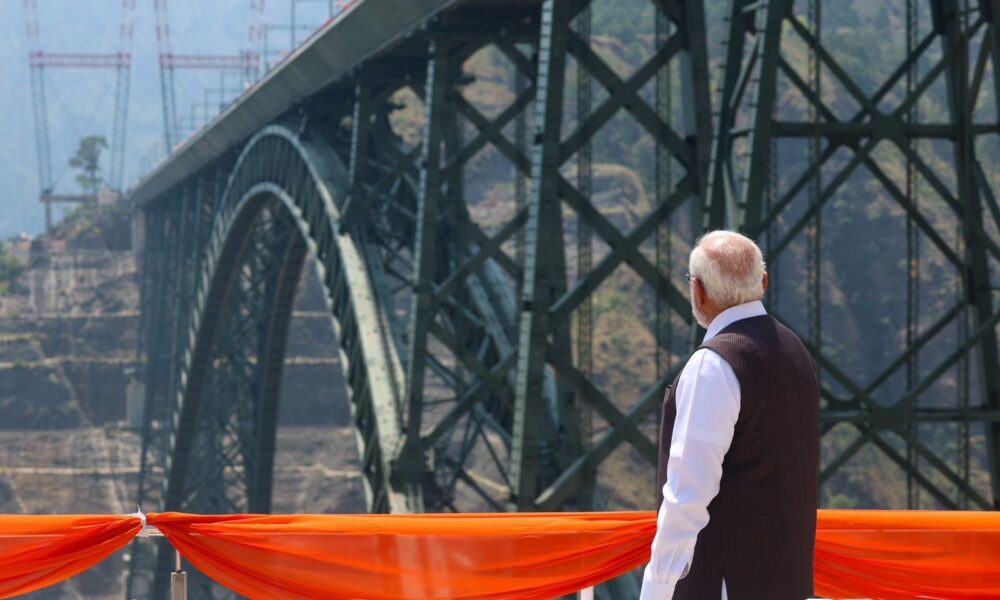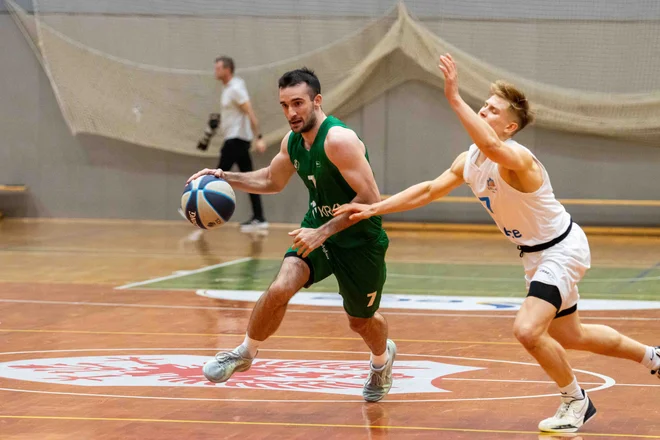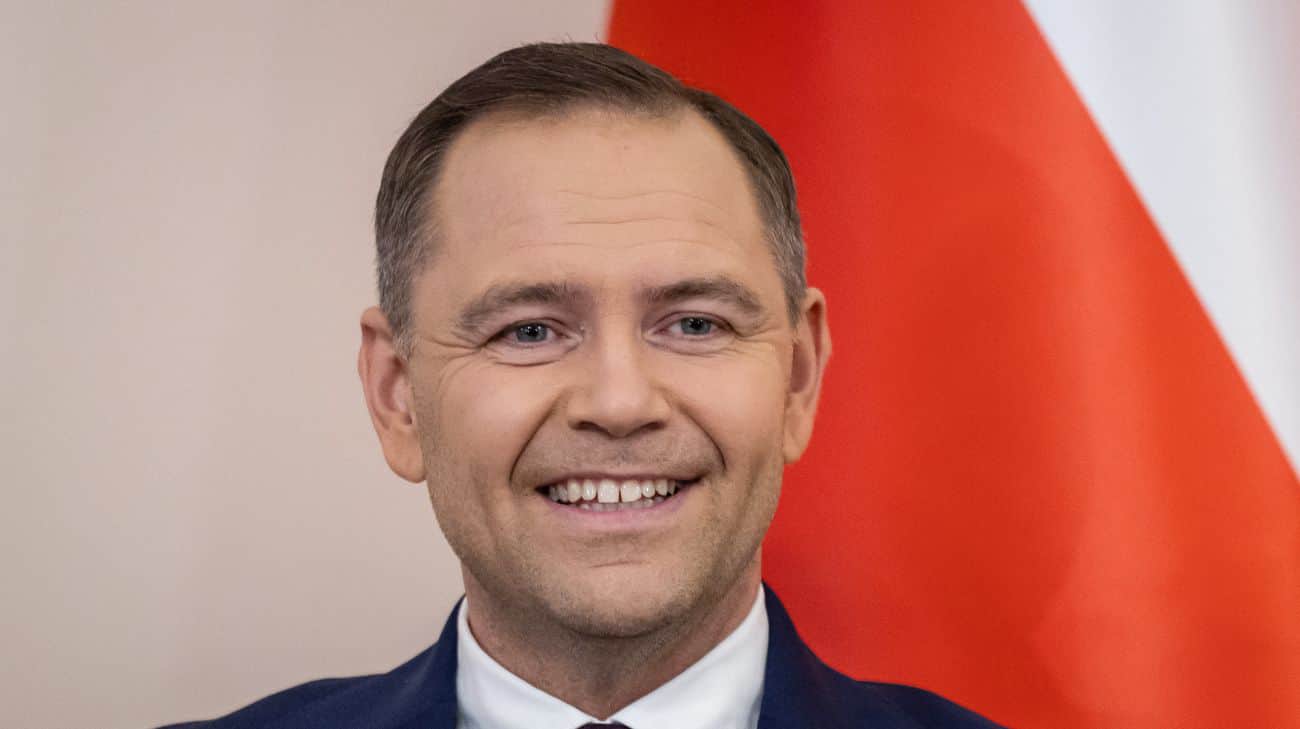Column | War is not rational, but Europe always forgets that
:format(jpeg):fill(f8f8f8,true)/s3/static.nrc.nl/bvhw/wp-content/blogs.dir/114/files/2019/07/gruyter-caroline-de-2019-01-c.png)
‘Large European countries do not destroy the economy of small countries because this is not possible; The Dutchman, whose government has no military power, is just as well as the German, whose government has an army of two million men, and more well than the Russian, with an army of about four million. (…) This lies the paradox: the more military protection a rich country enjoys, the less safe it is. ”
This is a key passage out The Great Illusion from Sir Norman Angell, which appeared in 1909. This book can now serve as a mirror for all those who say that European REACHING is not necessary for anything, because President Putin will not attack a European country.
Angell, a British economist, journalist and peace activist, argued that the economic price of war in a time of globalization and technological innovation had become so high that no European country would be so crazy to go to the fight. War between European industrialists had become economically irrational, he wrote, because it did not bring anything. And if war broke out, it would soon be over, because everyone would see how stupid it was. The Great Illusion It appeared at a time when European countries (then power -hungry world powers) were armed rapidly. Many felt uncomfortable with that. Angell hit a chord. The Great Illusion became a cult book.
And yes, just afterwards the First World War broke out. A trench war that lasted endlessly, killed tens of millions of people and decimated European economies. What makes this book interesting now is that you come across exactly the same argument in skeptics about the reinforcement of European countries – not against each other this time, but to be able to defend Europe collectively against a possible attack by Russia, which is power of power. Even now, people say that the costs of war exceed the benefits. And that President Putin will not get it in his head to attack the Baltic countries.
Certainly, Putin often says that he will help Russian minorities without hesitation if he deems it necessary, as he did in Georgia and Ukraine. But the chance that Putin is doing is small, these skeptics say. Putin has, after all, told Ukraine. After three years of war, his terrain gain is minimal. As an international paria, Russia is financially and economically on the ropes. The Russian economy is as strong as that of Spain. Isn’t that good deterrence? Europe now also stands for the classic choice: butter or guns. Therefore, wrote columnist Pierre-Cyrille Hautcoeur in Le MondeEurope should not respond with REEMPLING « but with the promotion of its social-democratic market model, defense of the multi-polar world and unconditional support for international law as an alternative solution of conflicts. » A pure ultrasound of Angell’s rational, economic arguments against his fatalistic contemporaries, who were terrified of an ‘inevitable’ war against Germany.
Europe stands for the classic choice: butter or guns
But if you can learn one thing from Putin’s wars in Chechenia, Georgia, Ukraine, Syria or North Africa, it is that economic reasons are not decisive for his choice for coarse violence. War is irrational, and that is something that many in Europe have unfortunately forgotten. Every time he threatens with war, many Europeans think that he is not doing it anyway. Then he invades a country again, and they fall from their seats in European pulpit areas because they did not expect it.
Angell himself finally ran 180 degrees. In the 1930s he realized that it is crucial to keep your values and democratic norms high, but that you must also be able to defend yourself against countries that threaten with violence, because otherwise you will become a willless prey. As the saying reads: whoever wants peace, prepares for war. In 1914 he wanted to keep the British out of war, in 1940 he wanted them to participate. Later he became a prominent NATO supporter. His book is still on the market. Good thing, too. It is full of wise lessons.

/s3/static.nrc.nl/wp-content/uploads/2025/06/07171846/web-0706nws_ozempic-nieuw.jpg)
/s3/static.nrc.nl/images/gn4/data133354271-8dc659.jpg)
:format(webp)/s3/static.nrc.nl/wp-content/uploads/2024/09/04085506/data120975205-8f5e99.jpg)



